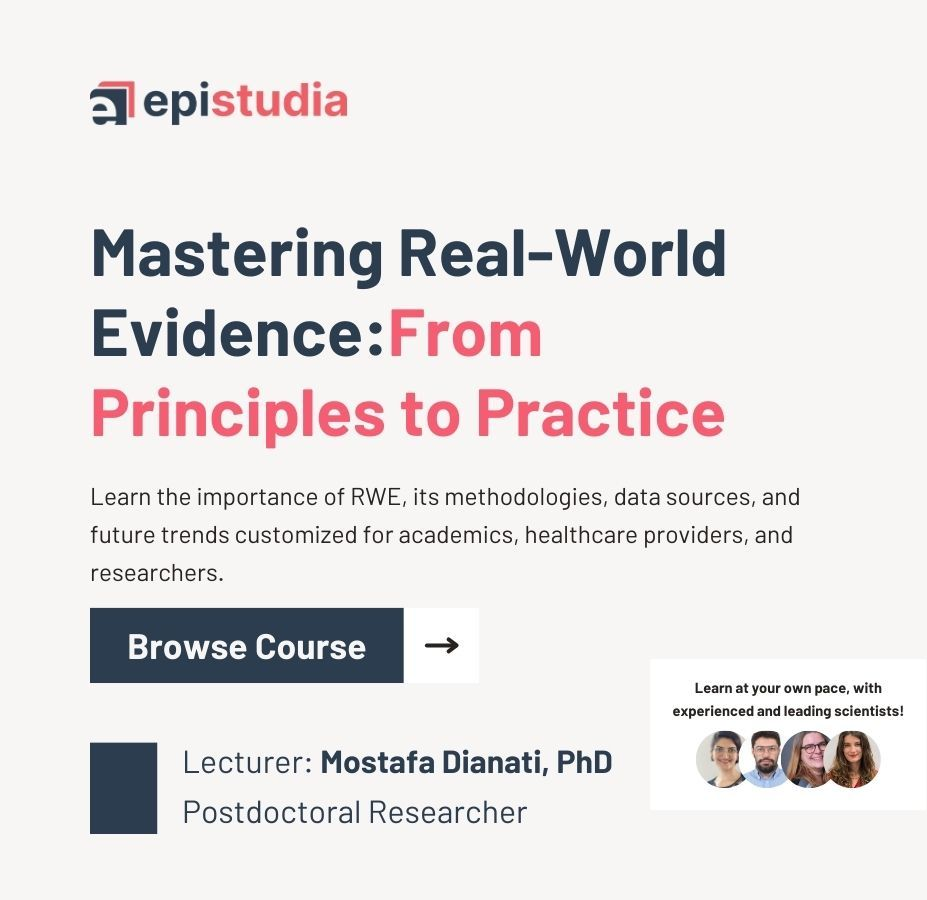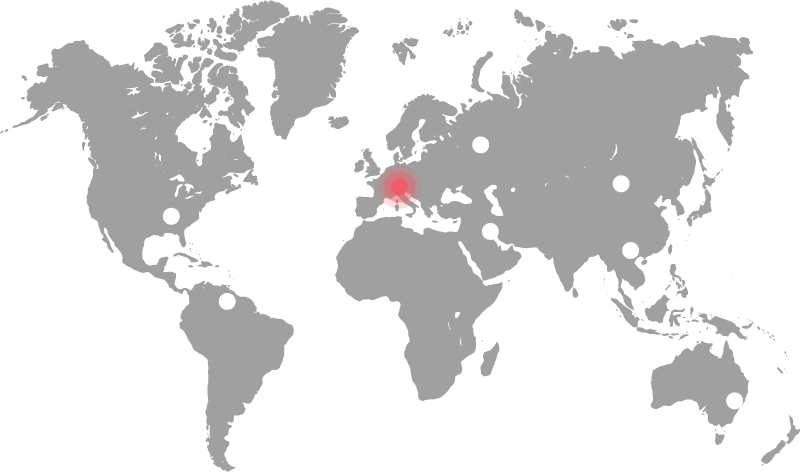Lesson series
5 CME
The Real-World Evidence (RWE) Course is designed for academics, healthcare providers, and researchers, focusing on RWE's role in healthcare. It addresses the limitations of traditional clinical trials and highlights RWE's advantages. Key topics include data sources like electronic health records, designing robust RWE studies, managing biases and confounders, and practical aspects such as data cleaning and statistical methods.
The course also explores big data analytics, machine learning, AI, and real-world case studies. Precision public health, technological advancements, as well as ethical and privacy issues are discussed, concluding with RWE's future trajectory and the Target Trial Framework's relevance.
-
40 videos
Always up to date
-
42 reading materials
Free of charge



